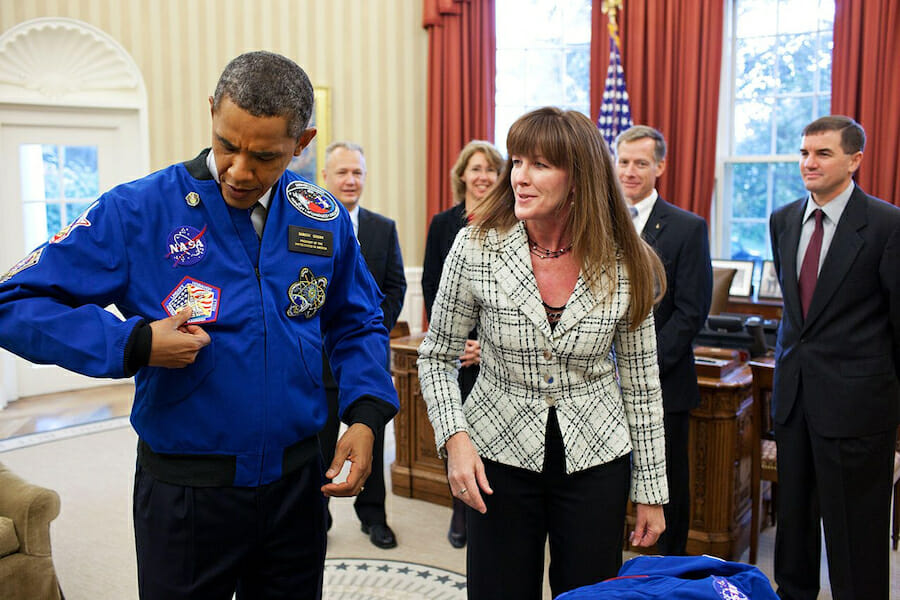
Tech
From Havana to Hiroshima: What’s the Next Frontier for Obama after 2016?
President Barack Obama has deviated from the itinerary of most world leaders as their respective tenures come to a close; with foreign policy often a topic of controversy during the outgoing year of a Presidential administration—largely, due to attentions pivoted toward transition—President Obama has bucked the trend—from Iran to Cuba to Japan.
According to the White House and no doubt world news, the President is taking innovative action to “cut loose the anchor of failed policies of the past, and to chart a new course in U.S. relations with Cuba.” He recently paid a moving tribute to victims in the Japanese city of Hiroshima, where the first ever atomic bomb was dropped on August 6th 1945. He also forged an agreement with the Republic of Iran on deterring the further enrichment of uranium, though controversial to some, this is no doubt unprecedented and speaks to an evolving narrative of world peace, one with which to galvanize his legacy.
However, as an active spokesperson and advocate of Space as the New Frontier of Peace, I believe, there remains a frontline yet to be explored by the sitting President and Nobel Peace Prize Laureate; in fact an onus of ethical responsibility toward making “Peace” his genuine and lasting legacy during his life as a private citizen.
In a modern era of geopolitics, the opportunity for this comes to the point beyond our orbits. In our new Space age, which is on the cusp of commercialization and with the President having concurrently tackled the transition of NASA’s government-led Spaceflight program to the private sector, and as his political ‘retirement’ dawns, President Obama makes a fitting leader to spearhead the de-militarization of Space and indeed advocate Space as the New Frontier for Peace.
Space, with its infinite borders, cannot be demarcated—and should in fact, be the next big item on the global foreign policy agenda, one that can help nations unite; where the orbit is home to no one woman, man or country. The threat of Space being leveraged as a tactical means of attack is an effervescent talking point in the arenas of security and defense within international governing bodies and advocacy groups. We must therefore look to proven leadership with the ability to bridge divides clearly beyond nationality, creed, ethnicity and gender, to usher in a peaceful era—collaborative for the next generation to advance humanity.
Recently, NASA became host to a summit at their headquarters in Washington. It was an assembly set for women in general who are encouraged to pursue education in Science, Technology, Engineering and Mathematics or STEM in order to groom the next ‘Space’ Generation of Women Leaders. I’ve often commended President Obama’s advocating for gender equality and women empowerment via STEM and the potential it holds for preserving Space for future generations.
During my expedition to Washington, I’ve met with many policy makers who share my non-partisan vision for world peace at the advent of the commercialization of Space, which opens Space to all sectors. Though they may differ with regard to their partisanship and opinions in the halls of Congress or the Senate, they understand the intangibles of Space that continue to inspire, educate and spark lasting change within us.
My enterprise, Space Trust, straightforwardly envisions a time when all humanity will share the paradigm shift experienced by astronauts when viewing the Earth from space; looking outwards, beyond political borders, to what can be tangibly accomplished in the name of sustainable peace for one humanity.
To President Obama, I simply wish to convey my admiration for your legacy, your adamant stance on the controversial issues which have and no doubt, continue to fill your tenure with pride—but most importantly, I hope to see such continued dedication in your post Presidential life to making Space the New Frontier for Peace—and yet—not to shy away from the stars and what they offer your country and our international community. It will no doubt remain in your hands to create lasting change.

